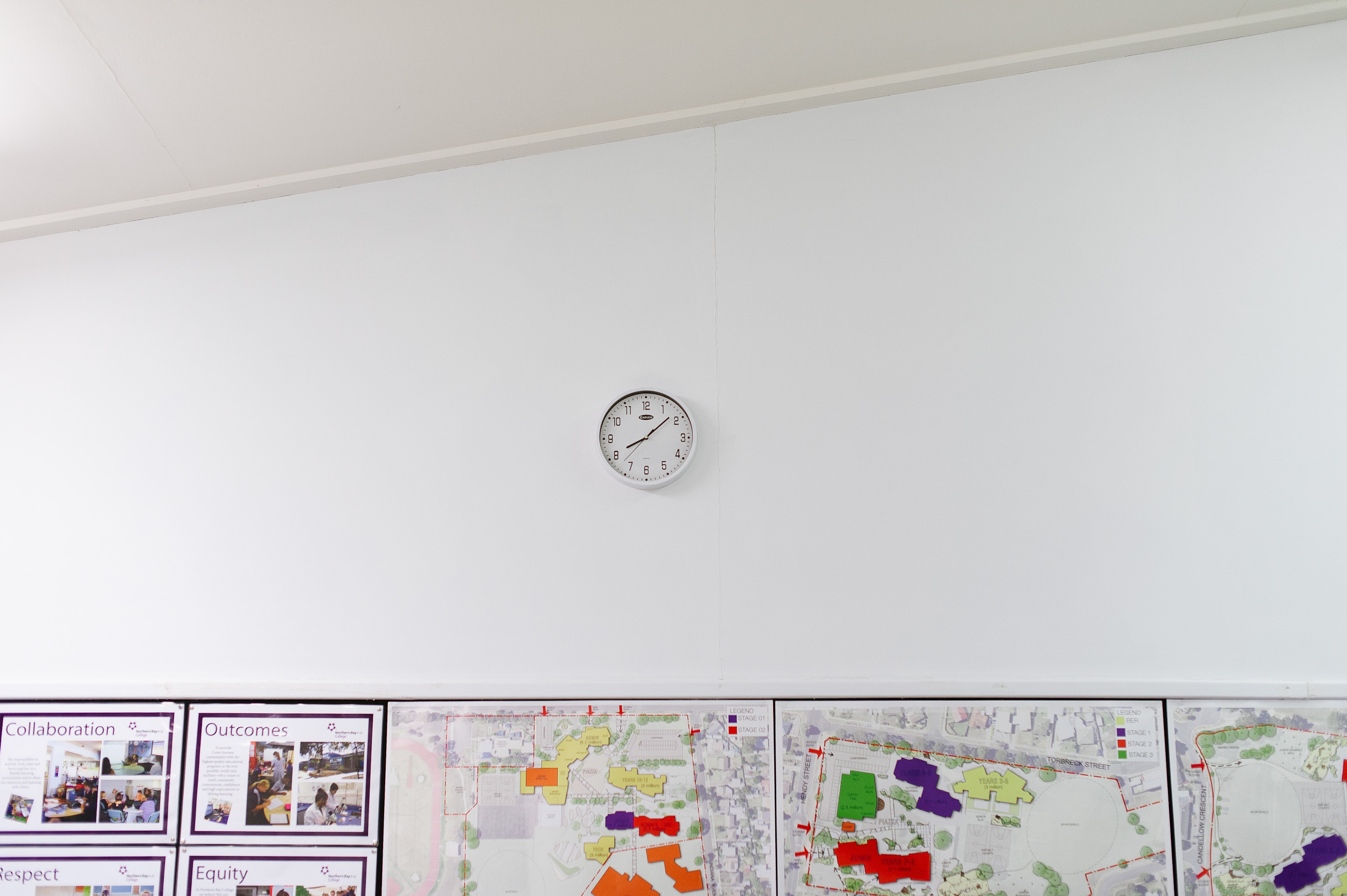Skip to:
- Give Today
- Contact Us
- Media
- Search
News & Stories
Leadership Development Program
Undergraduate Teaching Program
Common search terms
If you’re reading this there is the slightest chance that you, or someone who knows you, thinks that you could do with a change and Teach For Australia (TFA) is an option to achieve that!
My name is Stephen, and I am an Associate in Cohort 2018. I am 46 years old, and have had a professional career of over 25 years that has included plenty of highs and lows. I’ve owned and managed a number of businesses, and spent some time as a national manager at a major retailer and also held business development roles for companies of various sizes. My various jobs have taken me around the world — and given me some amazing experiences that I could only dream of when I was starting out.
The other thing you need to know about me is that I have an amazing wife, who runs her own business, and four fantastic kids, ranging from seventeen down to four years old! I’m telling you all this because although I am by no means the only Teach For Australia Associate who is an older career changer with the responsibilities and restrictions of a family, I did not really have the opportunity of hearing from someone in my position before starting the program.
On entering the program, I was surrounded by brilliant young graduates who had aced their undergraduate programs in a range of fields, young professionals who had experienced a taste of the corporate world and decided it wasn’t for them as well as a bunch of ‘older’ people with Doctorates and Masters degrees behind them. It was very daunting to begin with, being in such lofty company.
But here I am, a little over a year after I put my hat into the ring and submitted my application: I am so far keeping up with the demands of studying a Masters degree and completing the Leadership Development Program, I have made some amazing friends and I am responsible for guiding about 130 Year 10, 11 and even Year 12 students through a small but significant part of their education.
Back to YOU! There are some things I would love to have known when I started on this journey. These are just my own experiences – and opinions – but I would have found them helpful had I heard them from someone else.
The Teach For Australia selection process
There are two really important things that I found out about this process.
Firstly, it is comprehensive – and it should be. The program is unique and the criteria you are selected on are tried and true methods that have been proven to work over many years. If at any stage you think you have crashed and burned (as I thought I did), don’t give up: some of the elements are designed that way. It is really, really hard to get a read on how you are going while you are in the middle of the process. Just do each step, and if you keep progressing through – great.
The second is to trust in the process. If you get through, it’s not because you’re smarter or better than someone who didn’t – you are just more likely to “fit” in the program and the way it is delivered, but more importantly, you are more likely to be able to successfully navigate it. So should you apply and be successful, there is absolutely no reason to feel overwhelmed by the company you find yourself in (there are some pretty amazing people) or the program of study in front of you.

Family team effort
If you are coming into the program with a family, it is absolutely essential that you, as a family, treat it as a team effort.
You may at times feel lonely and homesick, whether that’s when you are living on campus for the National Initial Intensive, or juggling writing classes, staff meetings and university essays. Your spouse is covering for what you aren’t able to do in the family home, as well as still having to do their usual amount. Your kids will feel it as well. About four weeks into the Initial Intensive, one of the crèche teachers told my wife that my four year-old was showing all the behavioural traits of child who is a month or so into a family separation. This took some hard work to address. I mention this not to scare you away, but rather to stress that this decision will only work if you approach it as a team effort, and realise that whatever pressures you are feeling, the other members of your family are also feeling. You will need to support each other through it.
Money
There is no getting around this one. While the pay is reasonable as a graduate salary, it’s likely to be much lower than you might be used to if you’re a career-changing professional. Further, if you have a family to support, it will be stretched thin. It won’t be impossible – far from it – but financial wealth simply cannot be a primary motivation for you. Then again, if you’re considering the program, you probably already know this!

Time
After a long day dealing with students that are likely to be less than well-behaved, you’ll find that unlike your single or even “coupled” colleagues, you simply cannot collapse on the couch. Lesson plans for both the short- and mid-term at least will need to be written nightly (and I swore I would plan at least 2-3 weeks in advance!), on top of university essays and coursework.
Doing the TFA program with a family will be harder than if you don’t have one. Not impossible, just harder. Teachers will tell you that they have the hardest job in the world, but many haven’t done anything else. Other people will tell you teachers have it slack but the truth is it fits somewhere in the middle. After you settle in you will find it certainly isn’t a walk in the park but it is manageable.
Masters study
If you have been out of study-mode for many years, this part of the program will be daunting. As I said before: you just need to trust in the selection process. They only let people in who they believe will be able to successfully navigate the whole program, including the study. The other thing to remember is that while you are studying a Masters degree, with all of the academic integrity that entails, the university partner is delivering the program fully conscious of the overall expectations. The degree is designed knowing that Associates are working in schools serving low SES communities and are under significant pressure while they are studying. Due dates are factored around busy times at school and they are very fair with granting extensions when required.

The TFA Family
When you live with a bunch of people for over a month, you create some lifelong bonds. The other Associates in your cohort become almost as close as family. You support each other, exchange resources and socialise together. They really are the only ones who know what you are going through. Then there’s the TFA staff, the “crème de la crème” of the education system, who all live and breathe the mission of the organisation.
There are also a whole bunch of other people that you are introduced to: within your school and outside of it, such as supporters of the program that are the best in the world in their fields, some in leadership, some in education, some from other fields who have a passion for improving education.
Having this network around you is one of the best parts about the program. Where possible, introduce them to your spouse and family so they also get to know these amazing new people in your life.
The last and most important thing I want to share is about how fulfilling being a part of the TFA family is.
I have always felt a call to help those less fortunate in our community, to do whatever I could to help remove barriers that society puts in the path of the marginalised that stop them leading positive, successful lives filled with hope and options. In the past, I have worked with those who have already fallen out of “the system” to try to help them find their way back in. As a teacher, you have the opportunity to help them stay engaged and try to keep them from falling out in the first place.
Besides this, you build really good relationships with your students. You do have plenty of frustrating moments, but they are far outweighed by the small (and not-so-small) wins. When you see a Year 12 student with no confidence and no previous experience in your teaching area absolutely ace a number of assessment tasks, or when a transgender student confides in you about their anxiety and depression, or even when you just keep a couple of Year 10s in the classroom when their regular gig is to wander around the yard… you realise that there really isn’t a better job in the world — or a better way to transition into it.